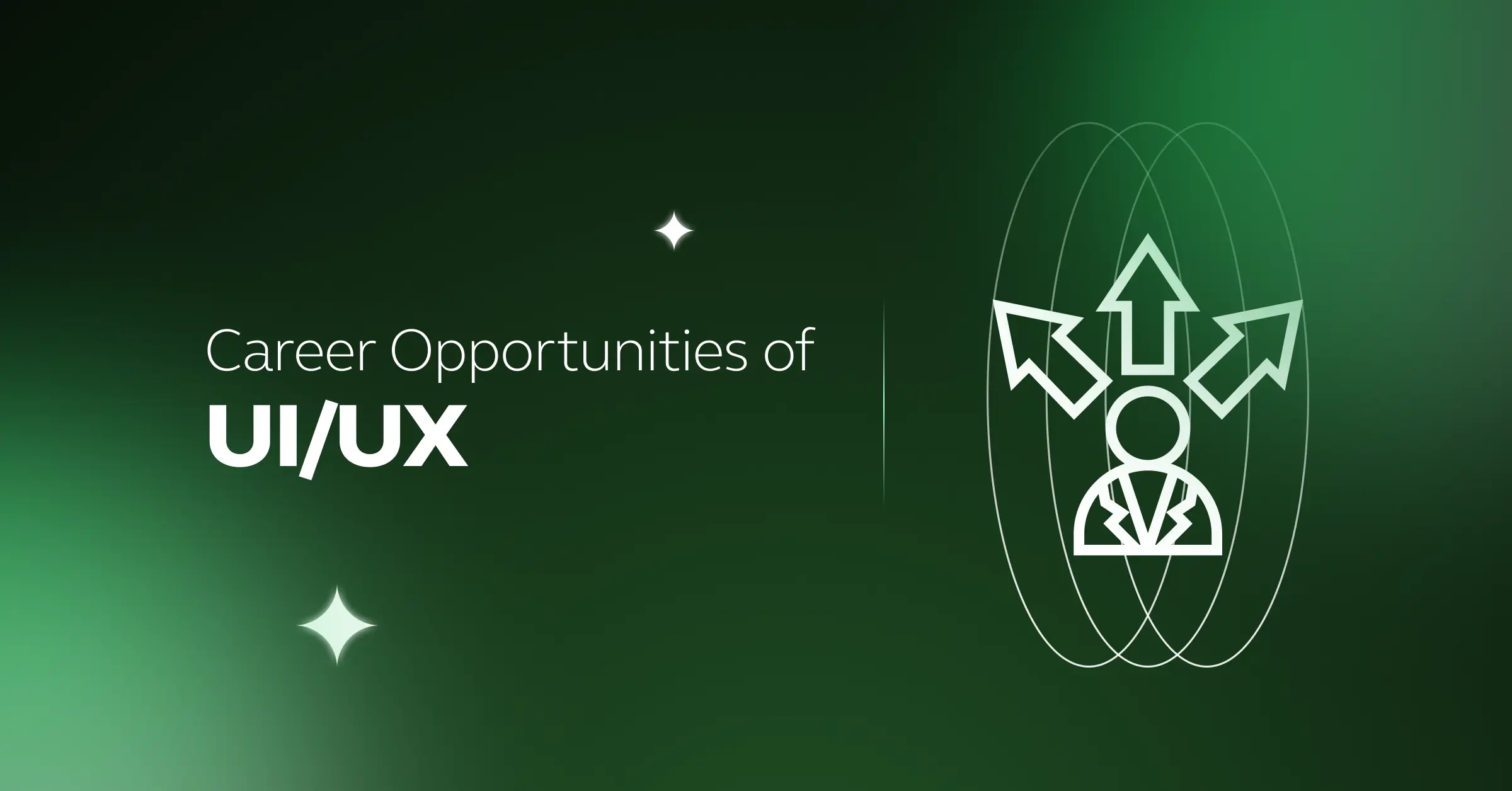
Top 12 Career Opportunities for UI/UX Design
Mar 21, 2025 6 Min Read 14770 Views
(Last Updated)
Are you passionate about offering intuitive and user-friendly digital experiences? Do you have an eye for design and a deep understanding of user needs? If yes, a career in UI/UX might be the perfect fit for you.
UI/UX designers play a crucial role in shaping the way people interact with websites, mobile apps, and other digital products. In this comprehensive guide, we will explore the various career opportunities for UI/UX design, the skills required for each role, their responsibilities, salary trends, tips for success & more.
In today’s digital age, user experience is paramount. Companies across industries are realizing the importance of providing exceptional user experiences to gain a competitive edge. This has led to a high demand for skilled UI/UX professionals who can create intuitive and engaging digital interfaces.
According to a study by Forester, Good UI can raise a website’s conversion rate by up to 200%, while a better UX design can raise the conversion rate by up to 400%.
Hence, the field of UI/UX design offers a plethora of exciting career opportunities for those with a passion for user-centered design. This blog lists various UI/UX career opportunities that are in high demand in the industry landscape. Keep Reading!
Table of contents
- Top Career Opportunities for UI/UX Design
- Entry-Level Positions
- Advanced Positions
- Skills Required to Build a Career in UI/UX
- User Research
- Wireframing and Prototyping
- Visual Design
- Interaction Design
- Basic Development skills
- Collaboration and Communication skills
- Continuous Learning
- Portfolio Development
- Wrapping Up
- Want to kickstart a career in UI/UX with Expert Guidance?
- FAQs
Top Career Opportunities for UI/UX Design
Before diving into the different career paths, let’s briefly define UI and UX design.
User Interface (UI) design focuses on the visual elements and interactions of a digital product. It involves creating visually appealing interfaces that are easy to navigate and interpret.
On the other hand, User Experience (UX) design encompasses the entire user journey, from the initial interaction with a product to the overall satisfaction and delight experienced by the user. UX designers conduct research, analyze user behavior, and create wireframes and prototypes to ensure an optimal user experience.
Entry-Level Positions
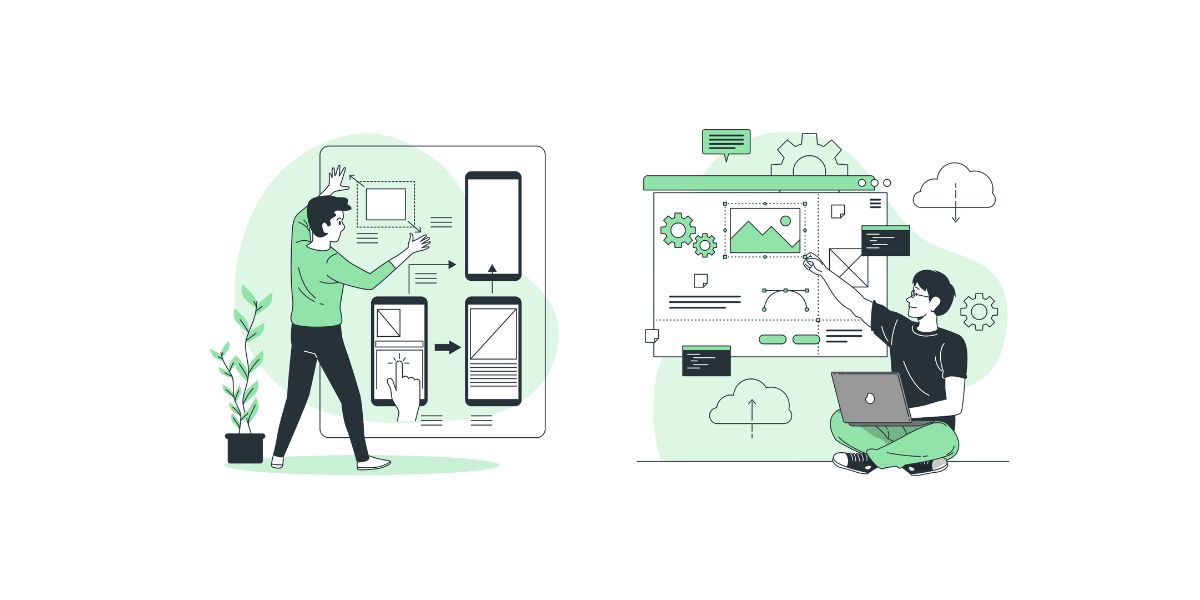
Career opportunities for UI/UX design are on-demand in the industry, nowadays. If you’re just starting in the field of UI/UX design, entry-level positions are a great way to gain hands-on experience and build your skill set. These career opportunities for UI/UX design typically require a foundational understanding of UI/UX principles and basic design skills.
Here are a few common entry-level roles in UI/UX:
UI/UX Designer
As an entry-level UI/UX designer, you’ll work closely with senior designers and product teams to create user-friendly interfaces and assist with user research and testing. You’ll collaborate with other cross-functional teams to achieve design goals and gain exposure to various design tools and techniques.
UI Designer
This role focuses primarily on the visual aspects of a digital product, such as layout, typography, and color schemes. As a UI designer, you’ll collaborate with UX designers to create visually appealing interfaces that align with user needs and brand guidelines.
UX Researcher
UX researchers play a vital role in understanding user behavior and preferences. In this position, you’ll conduct user interviews, usability tests, and surveys to gather insights that inform design decisions. You’ll work closely with designers and product managers to ensure a user-centric approach.
As we proceed, make sure you understand the fundamentals of UI/UX, which include heuristic analysis, journey maps, testing, etc. If you want to explore more about it, join GUVI’s UI/UX Course with Placement Assistance. You’ll also learn about the tools used in UI/UX, which are AdobeXD, Illustrator, Photoshop, Figma, and many more. Build some amazing real-time projects to get hands-on experience.
Also, if you want to get started with UX design at your own pace, try GUVI’s UX design fundamentals certification course.
Information Architect
Information architects focus on organizing and structuring the content and information within a digital product. They create sitemaps, navigation systems, and information hierarchies to ensure a seamless user experience. This role requires strong analytical and organizational skills.
Advanced Positions
Once you’ve gained experience in entry-level positions, there are several paths you can take to advance your UI/UX career. Whether you want to specialize in a specific area or broaden your skill set, there are opportunities for growth & success. Here are some popular career paths in UI/UX:
1. UI/UX Manager

As a UI/UX manager, you’ll oversee a team of designers and researchers, ensuring that projects are delivered on time and aligned with the company’s design vision.
- You’ll collaborate with stakeholders, manage resources, and provide mentorship to junior team members.
- Leadership and strong communication skills are essential for this role.
2. UX Researcher
If you are interested in learning about the user, understanding user behavior, framing user behavior patterns, and conducting research, a career as a UX researcher might be the right fit for you.
- In this role, you’ll conduct user interviews, usability tests, and surveys to gather insights that inform design decisions.
- You’ll work closely with designers and product marketing teams to ensure a user-centric approach.
3. UX Designer
If you choose to pursue a career as a UX designer, your primary role will be to create user experiences that are both intuitive and engaging.
- You’ll conduct user research, create wireframes and prototypes, and collaborate with cross-functional teams to bring designs to life.
- UX designers need a strong understanding of user-centered design principles and attention to detail.
4. UI Designer
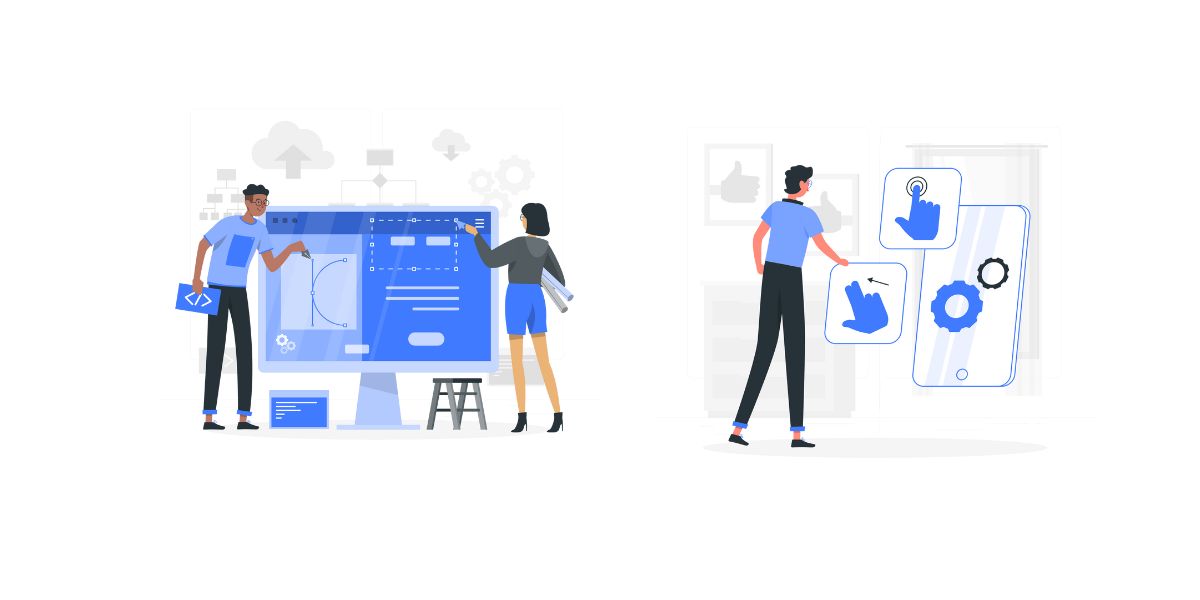
If you are enthusiastic about visual design, then specializing as a UI designer could be the ideal career path for you.
- As a UI designer, you’ll focus on creating visually appealing interfaces that align with user needs, user behavior, and brand guidelines.
- UI designers will work closely with UX designers to bring the design vision to life through layout, typography, and color schemes.
5. UI/UX Developer
For those with a background in development, transitioning into a UX/UI developer role can be a rewarding career move.
- As part of your responsibilities in this position, you will utilize your expertise in coding and user understanding to develop digital experiences that are both smooth and engaging.
- You’ll collaborate with designers and other developers to implement designs and ensure a smooth user journey.
6. UX Strategist
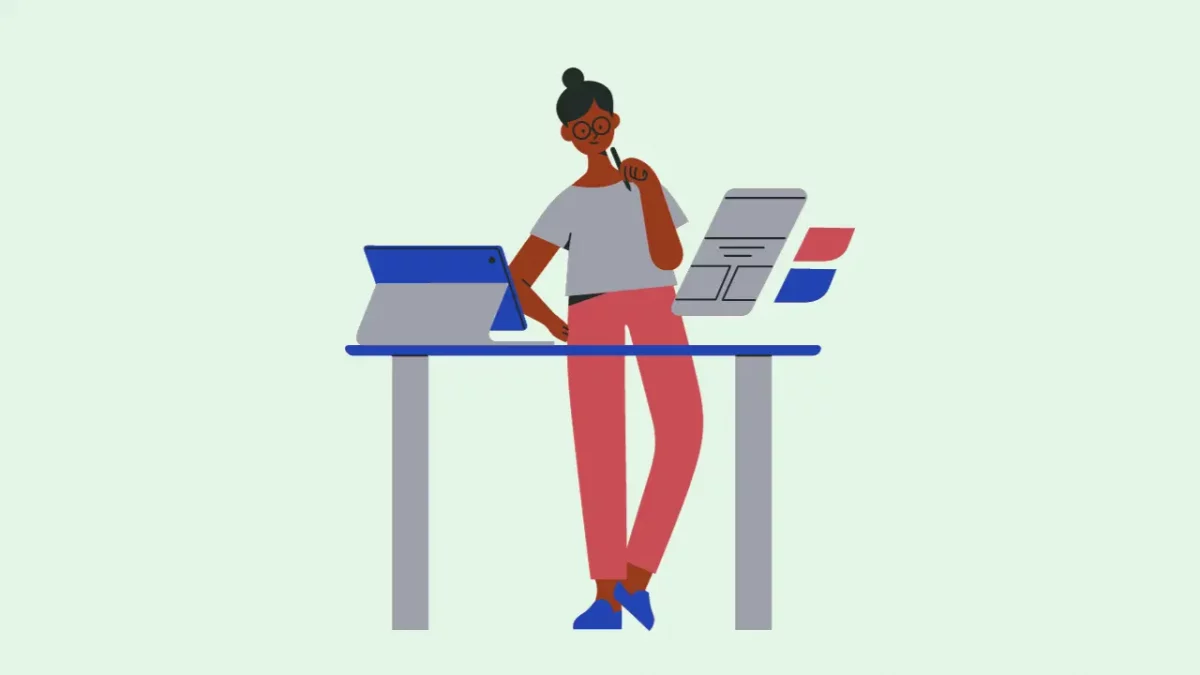
As a UX strategist, you’ll be responsible for developing and implementing user experience strategies for digital products.
- You’ll conduct user research, analyze market trends, and collaborate with stakeholders to define the overall UX vision.
- This role requires a strong understanding of business goals and user needs.
7. Freelance UI/UX Designer
If you prefer the flexibility of working independently and in the comfort of your workspace setup, freelancing as a UI/UX designer can be a great option.
- As a freelancer, you’ll have the freedom to choose your projects and clients.
- You’ll require excellent communication, organizing, and time management skills to successfully manage multiple projects and meet client expectations at the same time.
8. UX Consultant
As a UX consultant, you’ll provide expert advice, tips, and guidance to companies looking to improve their user experience.
- You’ll conduct user research, analyze data, and make recommendations for design improvements.
- Strong communication, analytical thinking, and problem-solving skills are essential for this role.
9. Interaction Designer
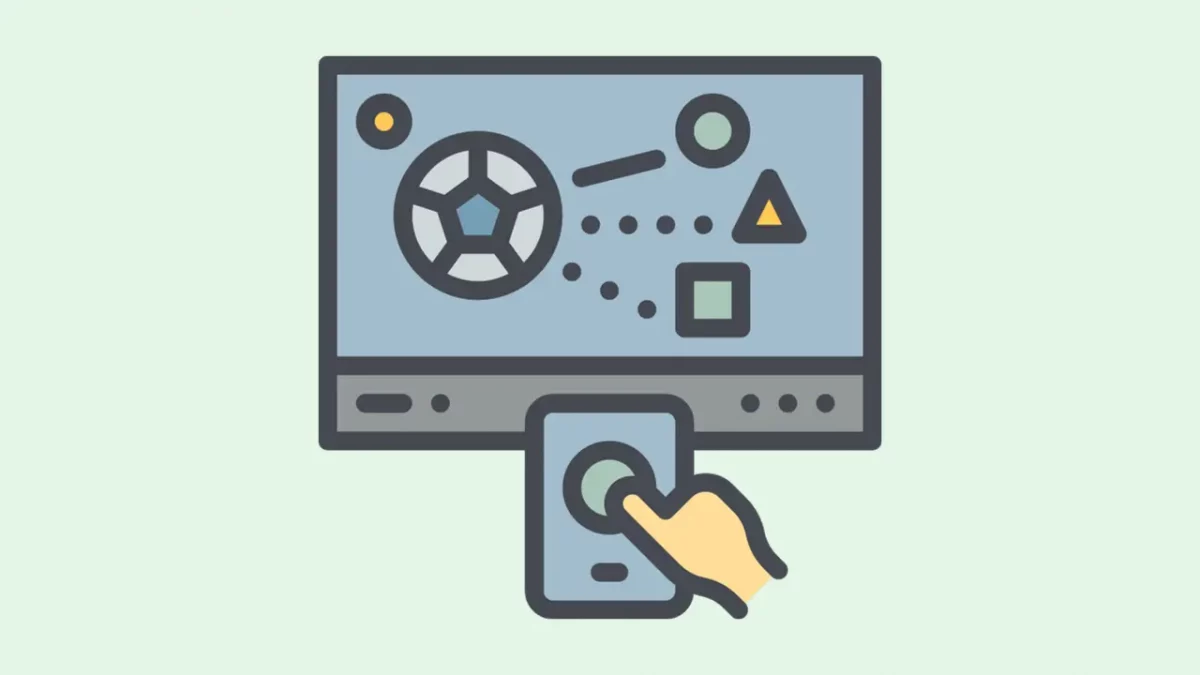
Interaction designers focus on designing the way users interact with digital products, knowing the pulse of users and their preferences.
- They create intuitive and engaging interactions that enhance the overall user experience.
- This role requires a deep understanding of user needs and behavior, as well as strong design and prototyping skills.
10. Service Designer
Service designers focus on designing the entire end-to-end service experience, fine-tuning the entire user experience considering both digital and physical touchpoints.
- They work closely with cross-functional teams to identify pain points and develop innovative solutions.
- This role requires a holistic approach to design and strong collaboration skills.
11. UX Writer
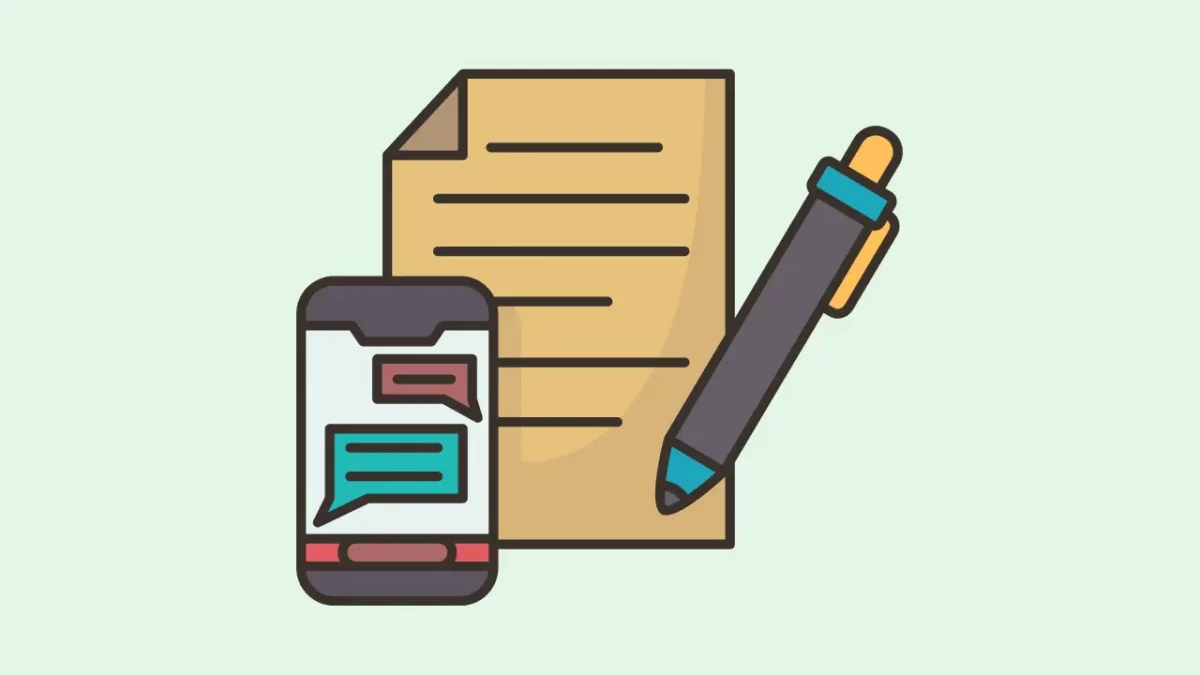
As a UX writer, you’ll be responsible for crafting the copy and content that navigates users through a digital product. UX content acts as a pathway to the design stuff, making the design more meaningful for users.
- UX Writers will work closely with designers and researchers to ensure that the language used is clear, concise, relatable, and user-friendly.
- Strong writing and communication skills are essential for this role.
12. Product Designer
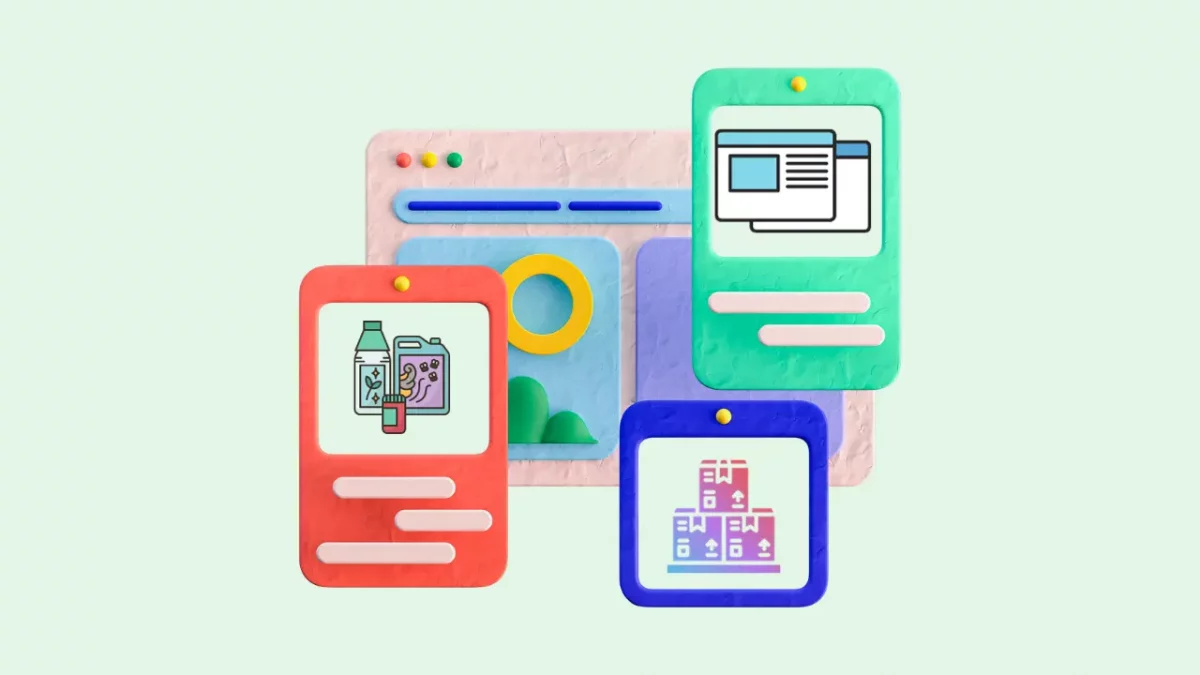
Product designers have a holistic view of the entire product development process. He/She oversees the entire product design process from the beginning to the end.
- Product Designers collaborate with cross-functional teams to define product goals, conduct user research, and create intuitive and visually appealing designs.
- This role requires a combination of UX and UI skills, as well as a strong understanding of business goals.
Skills Required to Build a Career in UI/UX
The design field offers more growth & career opportunities for UI/UX design. To succeed in the field of UI/UX design, it’s important to continuously develop and expand your skill set. Here are some key skills that will help you thrive in your UI/UX career:
User Research
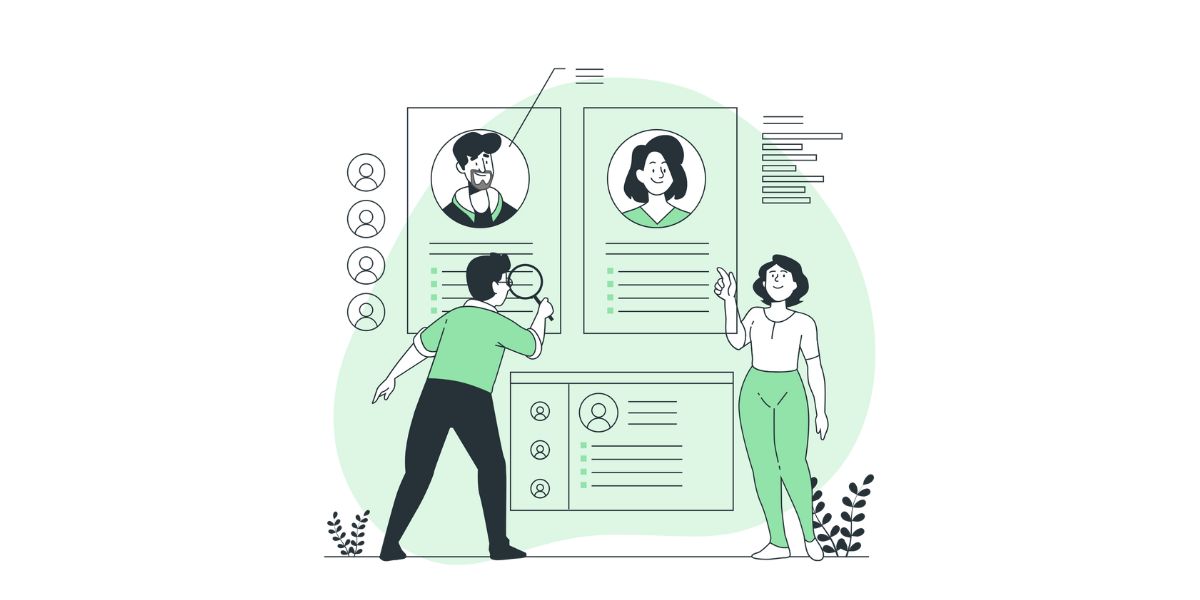
Familiarize yourself with various research methods and techniques, such as user interviews, behavior identification, usability testing, and surveys. Learn how to gather and analyze data to make informed design decisions.
Wireframing and Prototyping
A wireframe is a blueprint to show how a product works and not how it looks. Wireframing defines the elements that need to be present from page to page in a first copy draft. It is generally designed in grayscale, using boxes and lines. Having a strong command over developing such wireframes is crucial to becoming a UI/UX professional.
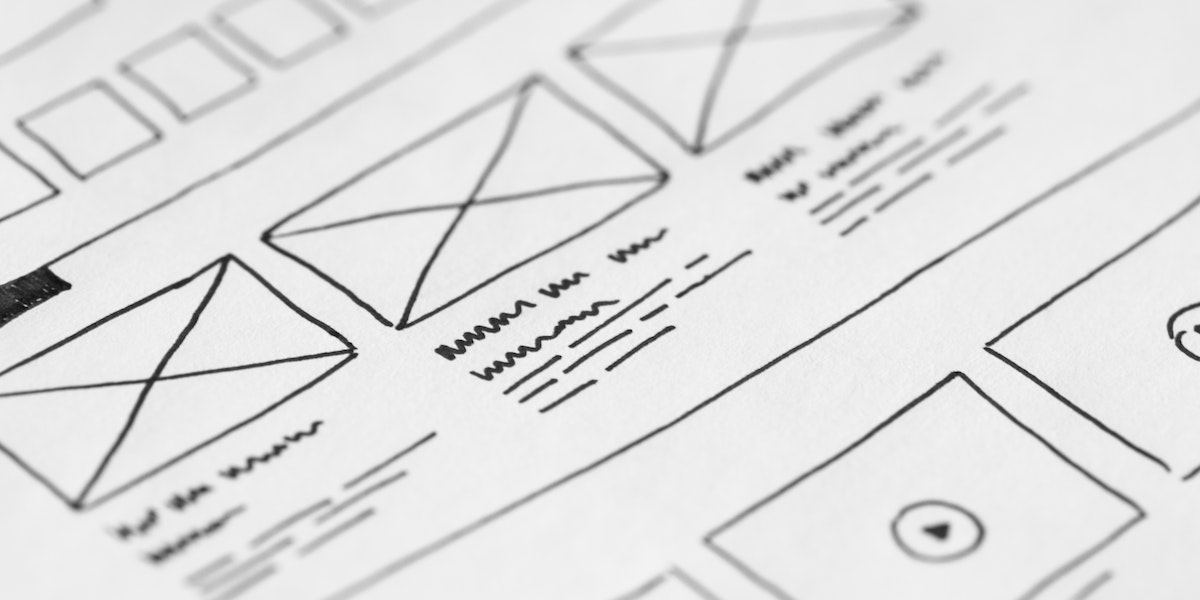
Prototypes enable users to test product functionality and overall navigation. UX designers should develop the ability to prototype quickly and effectively.
Master the art of creating wireframes and prototypes to visualize and test design concepts. Familiarize yourself with tools such as Sketch, Adobe XD, or Figma.
Visual Design
Develop a strong understanding of visual design principles, including layout, typography, and color theory. Learn how to create visually appealing interfaces that align with user needs and brand guidelines.
Interaction Design
Gain a deep understanding of how users interact with digital products. Learn how to create intuitive and engaging interactions that enhance the overall user experience.
Basic Development skills
Familiarize yourself with basic front-end development technologies such as HTML, CSS, and JavaScript. By gaining knowledge of the technical aspects of UI/UX design, you can enhance your collaborative efforts with developers.
Collaboration and Communication skills
UI/UX design is a collaborative field, so strong communication and collaboration skills will save your career. Learn how to effectively communicate your design ideas and work collaboratively with cross-functional teams.
Continuous Learning
The field of UI/UX design is constantly evolving, so it’s important to stay up to date with the latest trends and technologies. Engage in continuous learning through workshops, online courses, and industry events and develop a strong understanding of the recent trends in UI/UX.
Portfolio Development
Create a compelling portfolio that highlights your design expertise and relevant projects. Ensure that you present a diverse range of work that effectively showcases your talent for addressing design challenges and delivering outstanding user experiences.
Wrapping Up
A UI/UX professional should ensure that the needs and desires of the end user are at the forefront of the design process. By keeping the user top of your mind, you can create products and experiences that truly meet user needs and expectations
We hope that this career-oriented blog opens the door to some exciting career opportunities for UI/UX design, to those with a passion for creating exceptional user experiences. Whether you choose to specialize in a specific area or explore multiple paths in UI/UX, the key to success is continuous learning and skill development is key to success in this field.
By honing your design skills, staying up to date with industry trends, and building a strong portfolio, you’ll be well-positioned to unfold limitless career opportunities for UI/UX design, that come your way. So, leap and embark on an exciting journey to shape the future of digital experiences.
Do you think that there are a few other career options in UI/UX that should be added to the list? Leave your picks in the comments below!
Want to kickstart a career in UI/UX with Expert Guidance?
Did you know that you’re just 3 months away from grabbing lucrative career opportunities for UI/UX design expertise?
Sign up for GUVI’s certified UI/UX career program and make your dream career, a magical reality!
Alternatively, consider enrolling in our UX design Certification Course to make your mark in the field!
FAQs
-
The field of UI/UX is spontaneously evolving. With the world revolving around digital products, the demand for user-friendly UI/UX has become inevitable. To meet this infinite demand, UI/UX professionals are being hired in large numbers and companies are investing in UI/UX teams. So, the future scope of UI/UX is set to rise, undoubtedly.
-
UI/UX design is a non-technical role that does not require coding expertise. However, a prior experience in basic programming languages could be helpful as it can make communication with developers easier.
-
The interesting reason behind learners preferring UI/UX careers is that they get paid well. The average salary of a UI/UX professional in India ranges from 8-12 Lakhs per year.
-
To become a UI/UX professional, you should develop creativity, analytical thinking, out-of-the-box problem-solving, strong visualization, and communication skills. It isn’t any difficult field that requires you to code all day. It is an interesting and innovative field wherein you explore, learn, innovate, and create new user-specific design ideas every day.
-
Yes, You can. GUVI’s certified UI/UX BootCamp offers an exciting opportunity to master UI/UX in just 3 months. This live-online program offers placement guidance and lifetime access to the recorded course content.











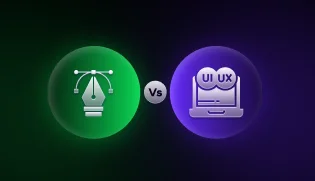

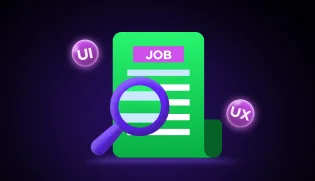
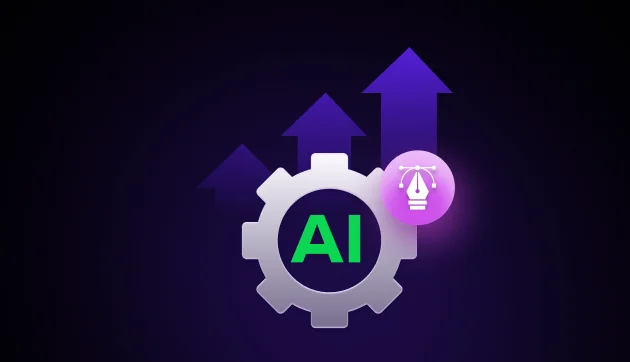




Did you enjoy this article?